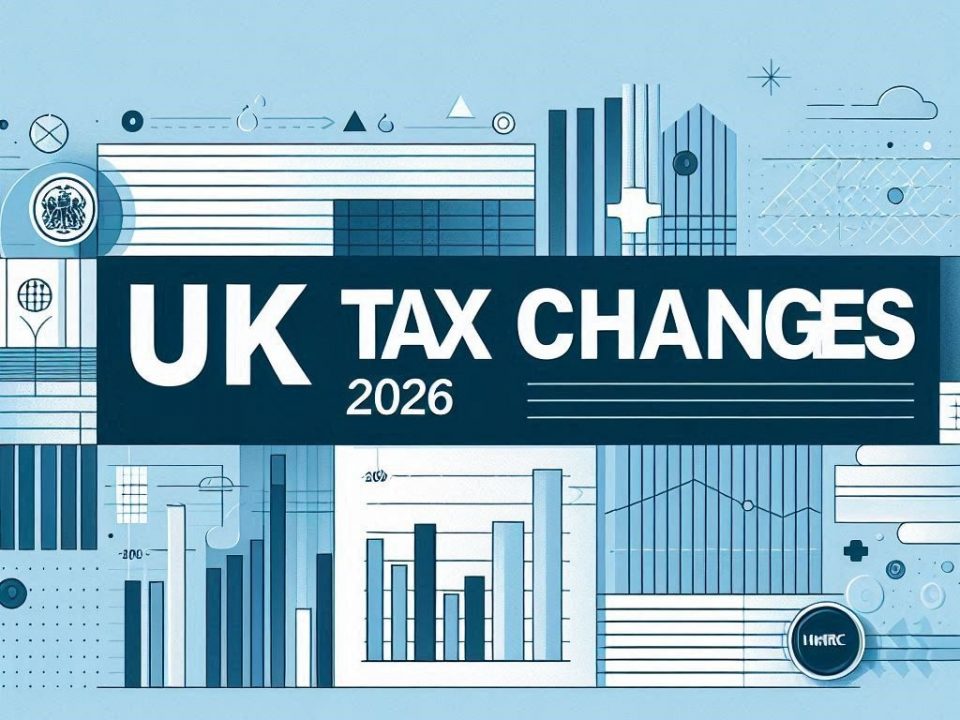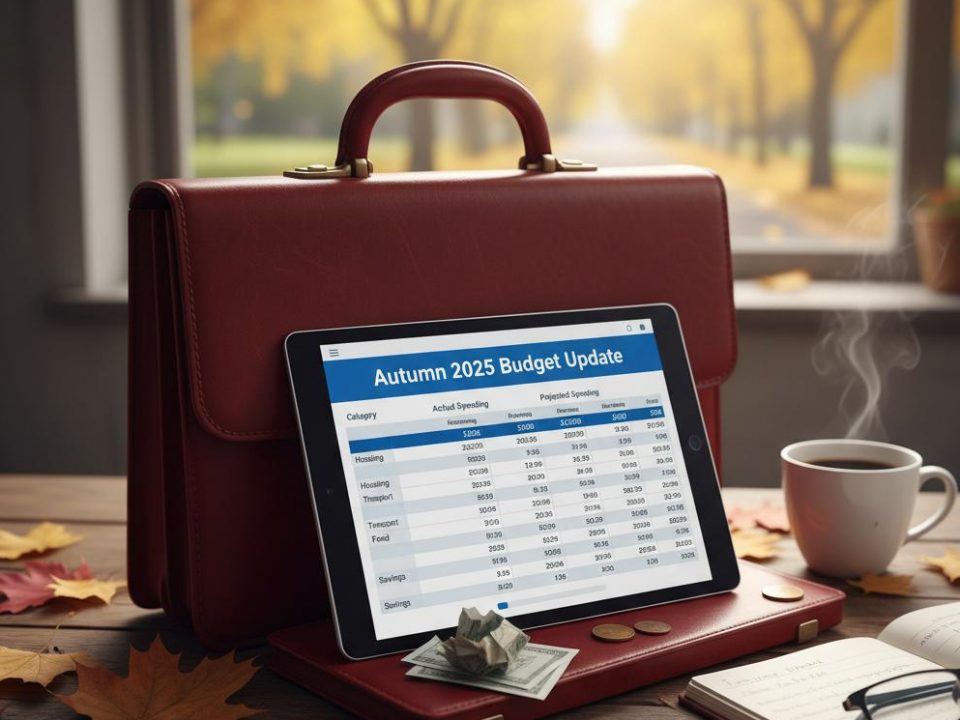Understanding Data Protection Requirements for Landlords
January 23, 2025Employer National Insurance Contributions (NICs) Changes from April 2025
February 12, 2025Business Asset Disposal Relief (BADR): Upcoming Changes and What You Need to Know
Business Asset Disposal Relief (BADR), formerly known as Entrepreneurs’ Relief, has long been a valuable tax break for business owners looking to sell or dispose of their business assets. However, upcoming changes will increase the tax rate from 10% to 14% in April 2025 and then to 18% from April 2026, significantly impacting the tax you pay on qualifying gains.
In this blog, we’ll break down how BADR works, who qualifies, how to claim it, and—most importantly—how these changes will affect you.
What Is Business Asset Disposal Relief?
BADR allows eligible business owners to pay a lower rate of Capital Gains Tax (CGT) when selling or disposing of business assets. Currently, this relief reduces the tax rate from 20% to 10%, but the new tax rates will increase to 14% from April 2025 and 18% from April 2026.
You can claim up to £1 million in lifetime gains under BADR, meaning the relief can still lead to significant tax savings, but at a higher rate than before.
Who Qualifies for BADR?
To be eligible, you must meet the following conditions:
1. You Must Be a Sole Trader or Business Partner
- You must have owned the business for at least two years before selling or closing it.
- The relief applies to disposals of the whole or part of a business, not just individual assets.
2. Shareholders in a Personal Company
If you own shares in a company, you may qualify if:
- You have been an employee or director of the company.
- You own at least 5% of both shares and voting rights.
- The company is a trading business (not investment-based).
- You have held the shares for at least two years before selling.
3. Assets Used in a Business
If you dispose of business assets (e.g., property or equipment) separately, you may still qualify if:
- The asset was used in your business.
- The disposal is linked to closing or selling the business.
How Much Tax Can You Save? (Considering the Changes)
Current Rates (Until April 2025)
- With BADR: 10% CGT
New Rates from April 2025
- BADR tax rate increases to 14%
New Rates from April 2026
- BADR tax rate increases again to 18%
This means that if you’re planning to sell your business or shares, doing so before April 2025 could save you thousands in tax.
Example Scenario:
Let’s say you sell your business for a £500,000 gain.
| Year of Sale | Tax Rate | Tax Due |
|---|---|---|
| Before April 2025 | 10% | £50,000 |
| April 2025 – April 2026 | 14% | £70,000 |
| After April 2026 | 18% | £90,000 |
That’s a £40,000 difference in tax depending on when you sell!
How to Claim BADR
You claim BADR when submitting your Self-Assessment tax return.
Steps to Claim:
- Sell or dispose of your business or shares.
- Report the gain on your Self-Assessment return.
- Fill in the Business Asset Disposal Relief section (Box 50 on the Capital Gains Summary page).
- Submit your return by 31st January following the tax year of disposal.
Planning Ahead: How to Minimise the Impact of These Changes
🔹 Sell Before April 2025 – If you’re already considering selling your business, it may be beneficial to do so before the rate jumps to 14%.
🔹 Maximise Other Reliefs – If you can’t sell before the changes, explore other tax relief options, such as spouse exemptions or pension contributions, to reduce your taxable gain.
🔹 Seek Professional Advice – An accountant or tax advisor can help structure your sale to minimise CGT and take advantage of any remaining tax reliefs.
Final Thoughts
BADR remains a valuable tax relief for business owners, but the upcoming tax rate increases will significantly reduce its benefits. If you’re planning to sell your business, acting before April 2025 could save you thousands in tax.
📌 Key Takeaways:
✅ Current BADR rate (until April 2025) is 10%
✅ From April 2025, it increases to 14%
✅ From April 2026, it increases again to 18%
✅ Consider selling sooner to lock in the lower tax rate
If you’re unsure how these changes affect you, speak to a tax professional to explore your best options. 🚀


